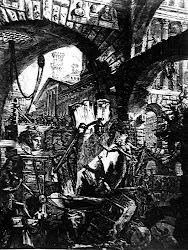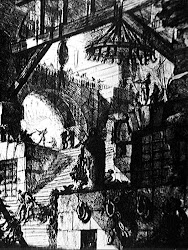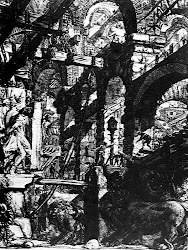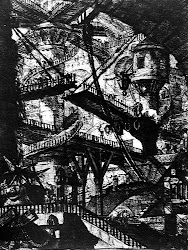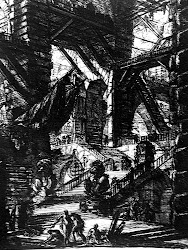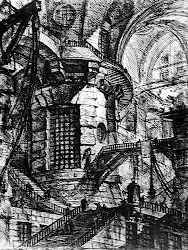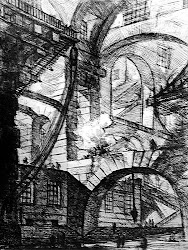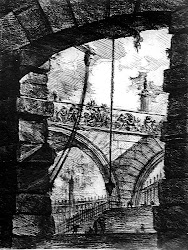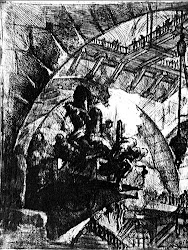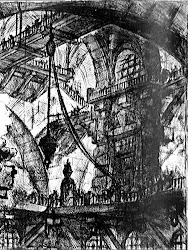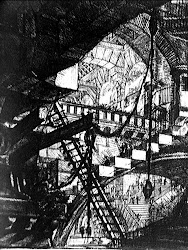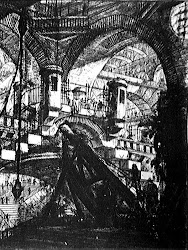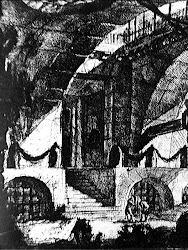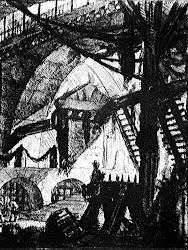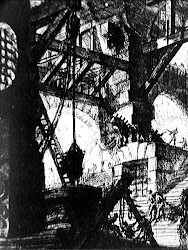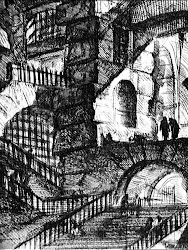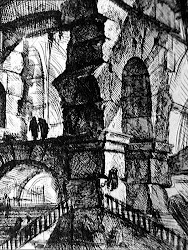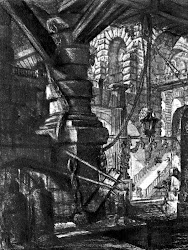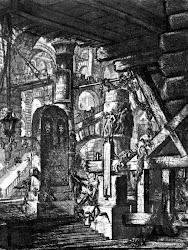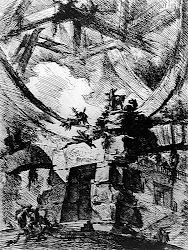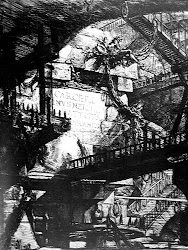‘The Ruin’
The city buildings fell apart, the works
Of giants crumble. Tumbled are the towers
Ruined the roofs, and broken the barred gate,
Frost in the plaster, all the ceilings gape,
Torn and collapsed and eaten up by age.
And grit holds in its grip, the hard embrace
Of earth, the dead-departed master-builders,
Until a hundred generations now
Of people have passed by. Often this wall
Stained red and grey with lichen has stood by
Surviving storms while kingdoms rose and fell.
And now the high curved wall itself has fallen.
..........................................
The heart inspired, incited to swift action.
Resolute masons, skilled in rounded building
Wondrously linked the framework with iron bonds.
The public halls were bright, with lofty gables,
Bath-houses many; great the cheerful noise,
And many mead-halls filled with human pleasures.
Till mighty fate brought change upon it all.
Slaughter was widespread, pestilence was rife,
And death took all those valiant men away.
The martial halls became deserted places,
The cities crumbled, its repairers fell,
Its armies to the earth. And so these halls
Are empty, and this red curved roof now sheds
Its tiles, decay has brought it to the ground,
Smashed it to piles of rubble, where long since
A host of heroes, glorious, gold-adorned,
Gleaming in splendour, proud and flushed with wine,
Shone in their armour, gazed on gems and treasure,
On silver, riches, wealth and jewellery,
On this bright city with its wide domains.
Stone buildings stood, and the hot streams cast forth
Wide sprays of water, which a wall enclosed
In its bright compass, where convenient
Stood hot baths ready for them at the centre.
Hot streams poured forth over the clear grey stone,
To the round pool and down into the baths.
..........................................
Hamer, R. 1970 A Choice of Anglo-Saxon Verse



.jpg)
